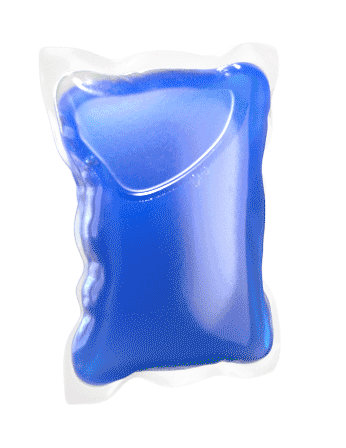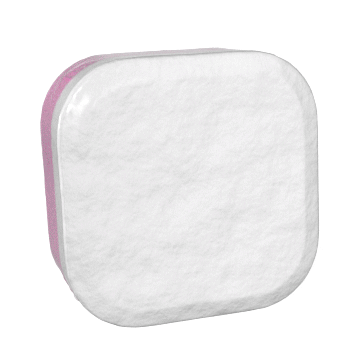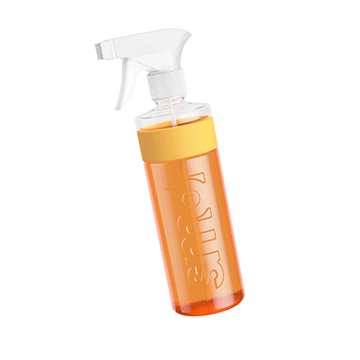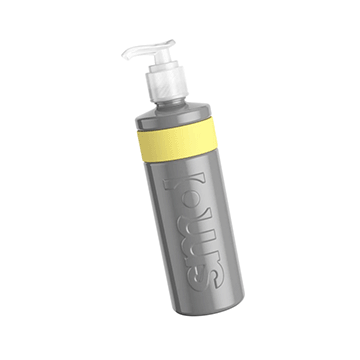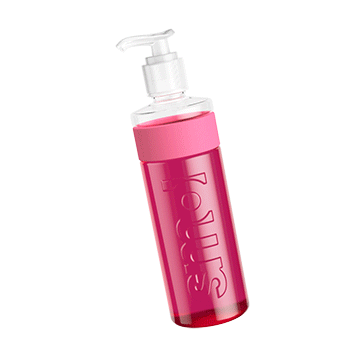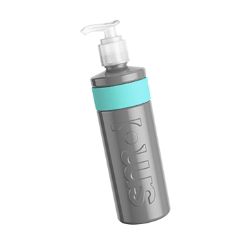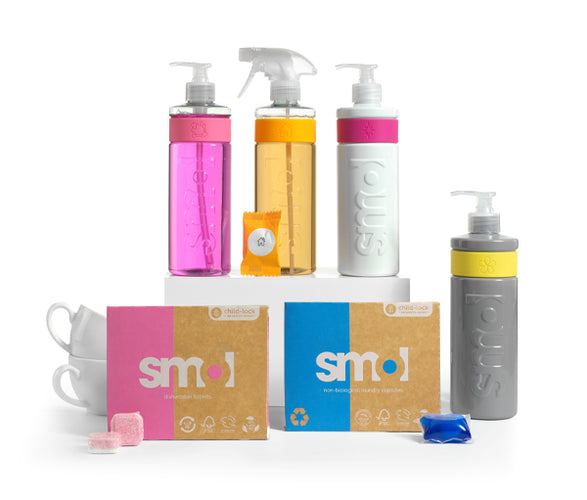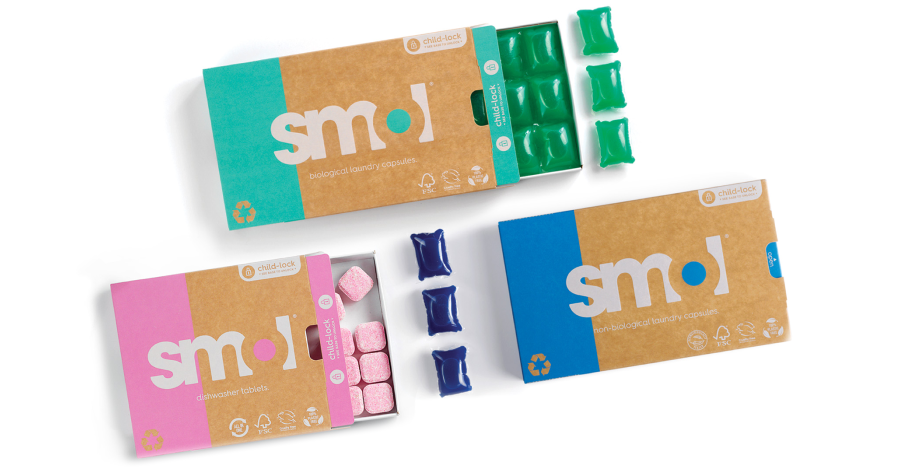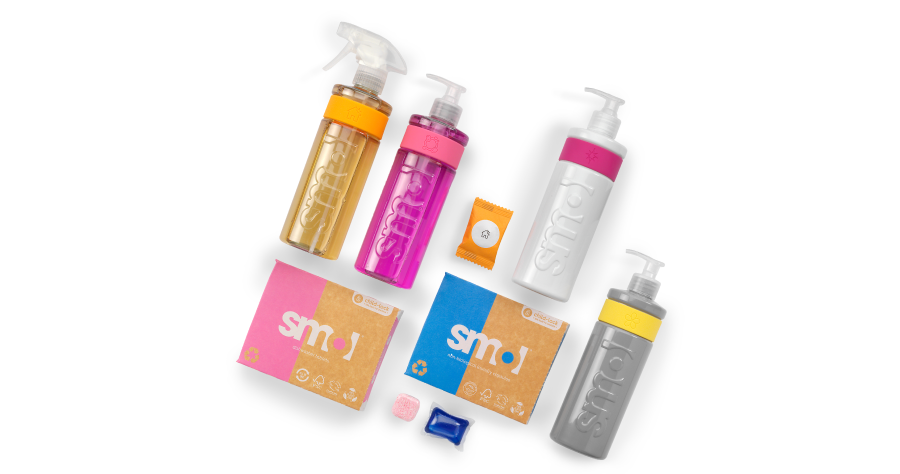
We thought we’d compile a smol low down on the UK’s top eco cleaning brands so you didn’t have to. There’s a lot to learn when these brands and their selling points are stacked side by side. But how do all these qualities translate for you, the end-user… the customer? What do they mean in reality for your everyday experience of household cleaning? And are these companies all they seem at first glance?
Let’s take a look…
Ecover…
a major player. In 2020 over 2.4 million UK customers used their washing up liquid and laundry detergents.†
Those who sing Ecover’s praises list its environmental credentials, its range of fragrance-free products and its efforts to set up refill stations that enable customers to keep their plastic bottles and simply top-up as needed (thereby ending single-use plastic).
Independent review site Trustpilot however gives Ecover just 1.8 stars out of 5. It seems the most common complaint from reviewers is the fragrance across all product categories as well as the plastic packaging and the very high prices.
The laundry list

*prices correct Sept 2022 Sainsburys
** prices correct Sept 2022 Ocado
Method
This US based company is now a firm favourite in the UK with products across many cleaning categories and a good review score of 4.7 on Trustpilot (although only 175 reviews). Fans are unanimous that Method really does get the fragrance and performance spot on.
But overwhelmingly its detractors decry the prices. Especially eye-watering is their limited edition glass-bottle range which is designed to be kept and refilled. £20 for a hand soap bottle (not including delivery) has attracted its fair share of critics with the reality apparently less lovely than the online images.
And speaking of detractors…
In 2017/2018 both Ecover and Method were bought by multinational company SC Johnson. There is no mention of this on Ecover’s website and just one reference on Method’s FAQ page but the news got out and it sparked a boycott by many.
Both companies state they remain firmly committed to their founding principles and continue to work to do the right thing. But many customers felt let down.
SC Johnson continues to use parabens, phthalates and triclosan and it still openly tests on animals.
**uk.trustpilot.com reviews correct Jan 2023
The dishwash detail

*prices correct Sept 2022 Sainsburys
** prices correct Sept 2022 Ocado
+cardboard box but plastic wrap to remove on each tablet.
Seventh Generation
Another American company and this one has been around for about 30 years but is now also available in the UK.
Those with perfume allergies (or who just prefer their cleaning products to have no scent) really appreciate the lack of fragrance in Seventh Generation formulations. They score 4 stars out of 5 on Trustpilot (although only 3 people have reviewed).
Criticisms that do come, tend to focus on performance; particularly the dishwasher tablets not giving good results on dishes and the laundry detergent not dissolving fully or making clothes feel clean.
And then there’s the fact it’s owned by Unilever. A multinational with a reputation.
In addition to Unilever’s enormous plastic pollution footprint and its pitiful performance purchasing Palm Oil from cheap, unscrupulous producers, as a corporation it is certainly NOT cruelty-free. Unilever still allows some of their brands to be tested on animals in order to gain access to lucrative overseas markets. A fact that doesn’t sit well with many consumers.
The multi purpose spray array

*£3.50 for 828 ml equates to £2.11 for 500ml prices correct Sept 2022 Sainsburys
**prices correct Sept 2022 Ocado
Bio D
An independent UK based company (like smol) Bio D has a following that loves its scent-free laundry liquid and the fact it is kind to sensitive skin. The surface spray cleaner gets good reviews giving acceptable results on all surfaces except glass.
Bio D has not been reviewed on trustpilot but its poor reviews on amazon detail poor stain removal from its laundry detergent and an overall dissatisfaction with the higher prices across the whole range.
So what do all these reviews and price/quality comparisons reveal…?
Premium prices and poorer performance.
We don’t think that’s the way to make a difference. And that’s why we launched smol.
At what cost?
Switching to sustainable cleaning products must be affordable because choosing to care about the earth should not come with a high price tag. And yet as these tables display, that’s what is often the case with many so-called “greener” brands.
Yes, it’s hard to price-match with the big brands. We’ll always invest in ingredients and packaging that are sustainable and lower in plastic, chemicals and carbon. We also only ever work with ethical suppliers to ensure vegan, cruelty-free products and sustainable manufacturing. With these core values comes higher costs. And without access to multinational - style production systems and their economies of scale, of course we are at a disadvantage.
But by cutting out the middlemen we can keep our prices fair.
And the results?
We’re proud to say our products work just as well as the big brands and in many cases are actually better.
We’re not sure any product (cleaning or otherwise) can ever technically be environmentally friendly. Everything taxes the planet through production and takes its toll when disposed of. But what we do strive for is to ensure our products are kinder to the environment than comparable products.
With over 25k 5* reviews on Feefo and a 4.6 out of 5 stars on Trustpilot (3500 reviews) we think the feedback speaks for itself. We’re the most reviewed cleaning brand in the UK and believe our customers are our best advertisement.
We want everyone to join the smol revolution and that means a commitment to products that give results to match the big brands, in sustainable packaging systems at a fair price. Because when everyone is doing their ‘bit’ it adds up to a ‘lot’ and we don’t need just a few people doing sustainable living perfectly…we need everyone on the planet doing sustainable living imperfectly.
† Statista 2021
